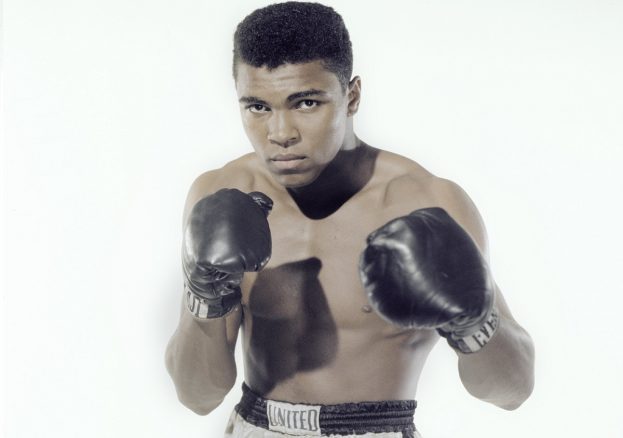
Muhammed Ali was ‘more than just a Boxer’. He was a Black, Muslim man in Pre-Civil Rights Era America and he would go on to be an activist for the remainder of his life. Erasing these facts not only erases his importance to Black people worldwide, but the prejudice and struggles Ali endured.
When asked why he would not join the US Army draft to fight in Vietnam, Ali said; “My enemy is white people, not Viet Cong, Chinese or Japanese. You are my opposer when I want freedom, you (are) my opposer when I want Justice, you (are) my opposer when I want equality. You won’t even stand up for me in America for my Religious beliefs, and you want me to go somewhere and fight, but you won’t even stand up for me here in America.” Muhammed Ali was called a terrorist for his affiliation with the Nation of Islam, Radical for his close relationship with Malcom X and was deemed ‘un-American’ for his name change (from Cassius Clay), despite his Gold medal at the 1960 Olympics for the USA.
Muhammed Ali did not ‘transcend race’. Ali was the Blackest version of himself, and was proud to be. Ali’s pride is what made him a champion not just in the ring and realm of Boxing, but as an Activist and as a campaigner of Civil Rights movement in both America, and across the world.
To remember Muhammed Ali, is to remember who he was, more so that what he became. Ali may have become a three time world heavyweight champion, he may have become a Muslim, a Civil Rights Campaigner, a world megastar, a sports personality of the century, a husband and father, an Olympic Gold medalist, a ‘draft evader’, a conscientious objector, a counter-culturalist, a suffer of Parkinson’s disease, a suicide preventer. But who he was, was a man that believed he was the greatest at what he did and that belief is what made him become who he is; an inspiration for generations that have been and are to come.
